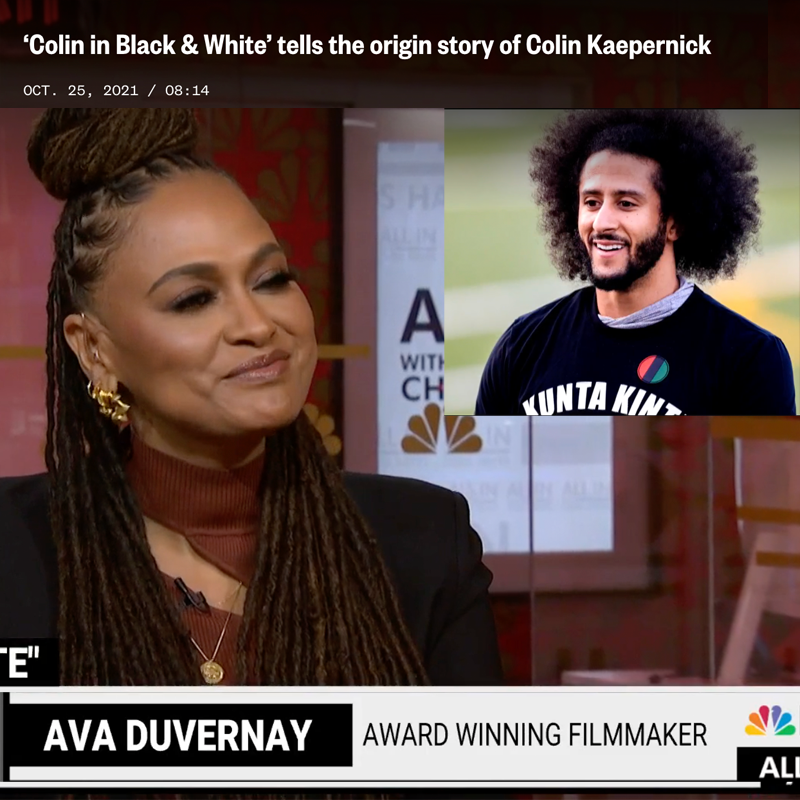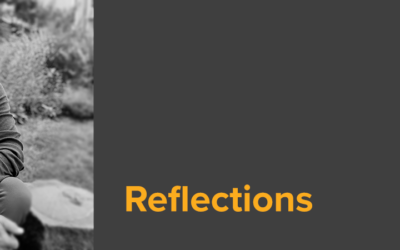
Ava DuVernay on Microaggressions
More From Our Blog…
My Mid-September Reflections
A moment of reflectionAs I sat down to write this email, I found myself scrolling through the mailing list and recognizing so many names—people I’ve had conversations with that still stand out. Whether it was about Ouch!, purchasing a license or discussing trends in...
The Great Detachment: Why Employee Engagement is at Risk—Especially for Gen Z
As described in a recent article entitled, “The Great Detachment is looming for employees, experts warn—especially for Gen Z” by Lindsay Dodgson, employee disengagement is becoming an increasingly critical issue for companies worldwide. With a staggering cost of over...
Understanding Employee Responses to DEI Initiatives: Insights and Strategies
A recent study sheds light on a previously underexplored aspect of DEI training. While much focus has been placed on the facilitators, trainers and the content of DEI programs, this study examines how employees actually respond to the training. Published in Harvard...
SHRM’s Removal of “Equity” From DEI Framework: A Step Backwards Amid Growing Backlash
In a stunning step in the wrong direction, the Society for Human Resources Management (SHRM), the world’s largest HR association, has removed “Equity” from its “IE&D” framework. What message does this send, especially amid strong pushback against Diversity, Equity...
Navigating the Shifting Landscape of Diversity, Equity and Inclusion Programs
In the midst of the evolving landscape of corporate diversity initiatives, there's a seismic shift underway. The once-prominent acronym "DEI" - representing diversity, equity and inclusion - is notably absent from many company discussions. As explained in the article...
A Groundbreaking New Course: Understanding the Complexity of the Asian American Pacific Islander Experience
With over two decades of experience in the educational sector, Hideko Akashi, founder and lead consultant at Liberation Consulting, has been a steadfast advocate for diversity, privilege, social justice, inclusion and equity. Now, she's opening a new chapter with the...






